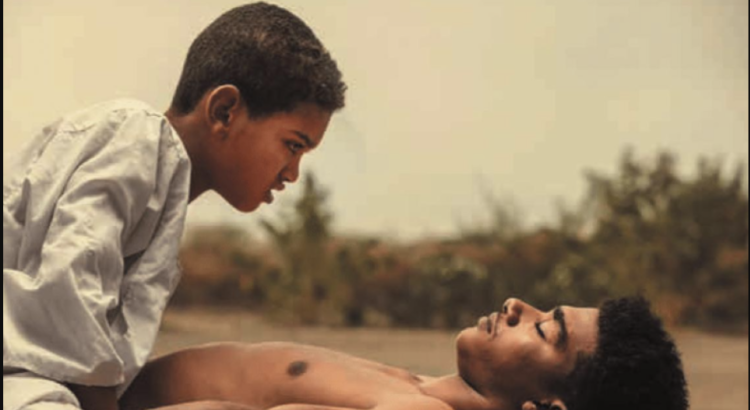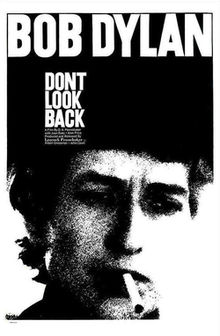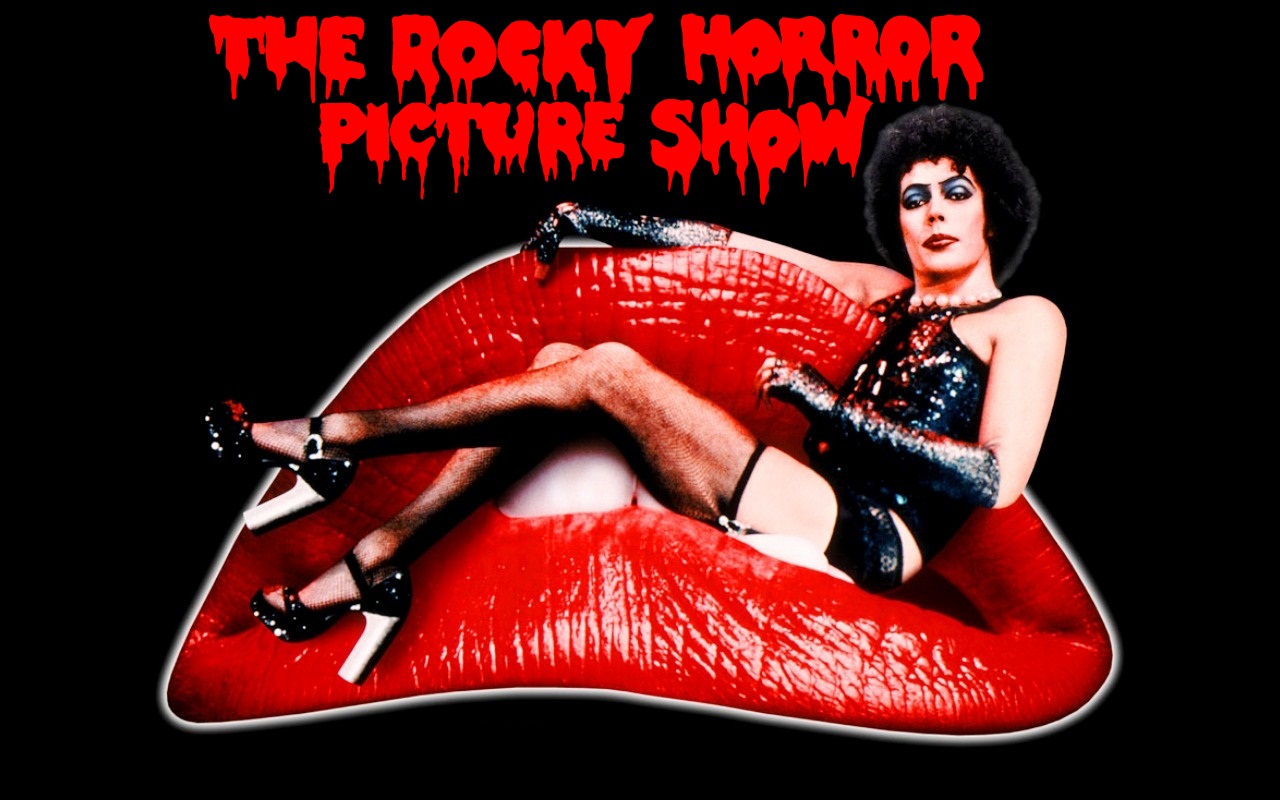Recently I’ve been thinking more about mortality; I guess I’m not old, but everything these days feels like a crossroads. They are each so definite, a fixed point in time that demands a decision, either by me or whatever fate or force controls me. For Muzamil, all other paths have been eliminated; it’s just a short, straight path to a certain end. It feels like there are a million hidden stops along the way; they come out of nowhere, they hinder, they allow you to pass. I don’t know what that is, but in the context of You Will Die at 20, I guess it’s the townspeople, everyone preventing Muzamil from living without severe restrictions on where he goes, what he does.
Having only a little time on Earth is supposed to increase the value of life. Knowing that it will end, likely before we want it to (or more precisely, before we’re adequately prepared for it to), should free us from monotony, allow us to respect each day as something special. But thinking about the ending inserts countless checkpoints, countless worries: are you eating healthy, exercising, getting your teeth cleaned regularly, had your flu shot, checking that your car mirrors are positioned correctly, getting your oil changed often, making enough money, making enough money to retire before you die, making enough money in case of an emergency? The stops expand a life, drawing out its borders infinitely. Now it’s too long, too much.  Sakina numbers the days in chalk on the walls of a sunlight-slashed room, waiting for her child to die. The main difference in opposing views of mortality is the degree to which one accepts their end, no matter how untimely. There is mourning, and there is apathy. With each there is some ratio of fear to happy passiveness, the very worst kind of Punnett square. There’s not necessarily one option that’s the best, or least likely to ruin the psyche, but when something forces you into extremes, like a sheikh prophesizing your early demise, it can seriously alter your mental state for a startling amount of time.
Sakina numbers the days in chalk on the walls of a sunlight-slashed room, waiting for her child to die. The main difference in opposing views of mortality is the degree to which one accepts their end, no matter how untimely. There is mourning, and there is apathy. With each there is some ratio of fear to happy passiveness, the very worst kind of Punnett square. There’s not necessarily one option that’s the best, or least likely to ruin the psyche, but when something forces you into extremes, like a sheikh prophesizing your early demise, it can seriously alter your mental state for a startling amount of time.
The village, much like its residents, is almost totally austere: rather neutral tones but harsh surfaces, little life able to grow, stark. The amount of calm, steadiness, in the characters and their surroundings was unsettling, but of course that’s where the movie’s power is.Where there are richer colors, the contrast with their surroundings hurts to look at, makes you feel like crying no matter the subject of the scene. Excitement was always paired with doom, at some point down the line; there was always worry behind the beautiful points.
Most of the movie covers Muzamil’s 19th year, his last-ditch efforts at individualism, or just proving he’s alive. Early-onset death throes, the last dregs. If we lived more like that, tried to feel more, all of the time, would we be better or worse? As people, friends. Citizens, leaders. I’ll invite you to watch this movie and try to think about that. You can access it for free until March 17th.
You can find both in-person and at-home showtimes for the Michigan and State theaters here.














